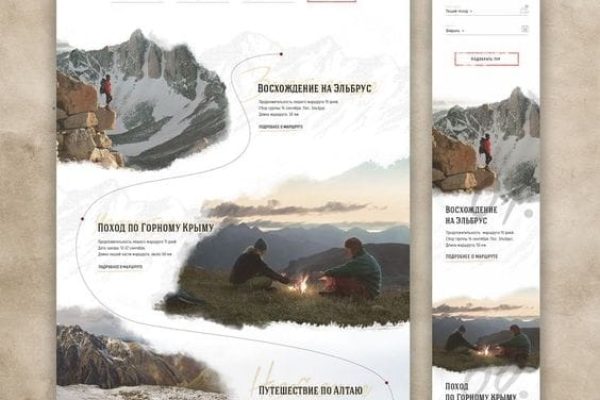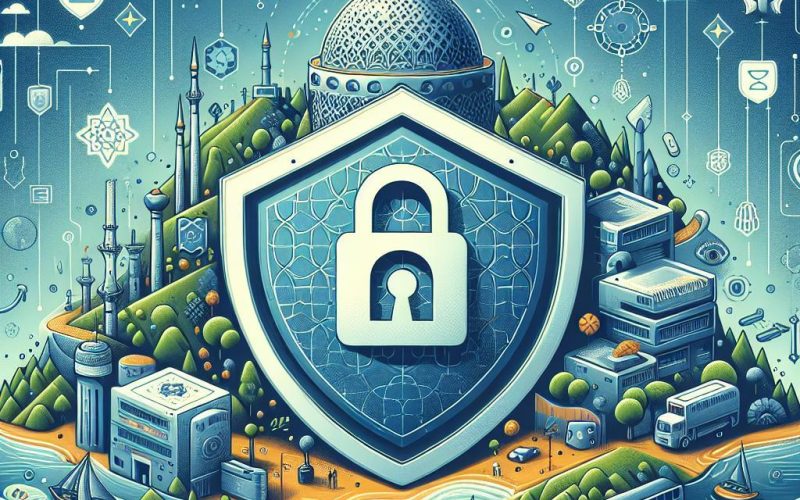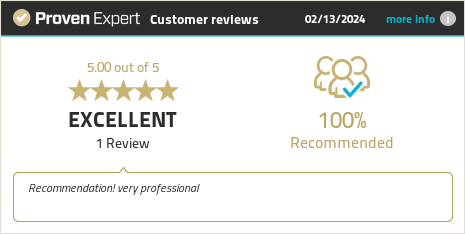In the vibrant digital landscape of Morocco, where the rhythms of modern life increasingly intertwine with the online world, the security of websites has emerged as a critical concern. As more businesses, organizations, and individuals engage in e-commerce, social networking, and details sharing, the need for secure online environments has never been more pressing. Enter HTTPS—a protocol designed to offer an additional layer of protection for websites and their users. This article delves into why HTTPS is not just a technical enhancement but an essential element for any website operating in Morocco. From safeguarding personal data to building trust with users,we will explore the myriad reasons why adopting HTTPS is a must-have for enhancing security,reputation,and overall online experience in this dynamic North African nation.
In today’s vibrant digital landscape of Morocco,the significance of online security cannot be overstated.As businesses and consumers increasingly embrace the internet for commerce and interaction, having a secure connection not only protects sensitive data but also fosters user trust.When users see the familiar HTTPS padlock symbol in their browsers, they are more likely to engage with websites, as this indicates that their information is encrypted and secure.The switch to HTTPS fosters a sense of safety, especially in a region experiencing rapid digital growth, where cybersecurity threats are on the rise. Establishing that trust can lead to improved customer loyalty and repeated visits, driving overall engagement.
Moreover, implementing HTTPS isn’t just about security; it also enhances search engine optimization (SEO) and overall website performance. Google recognizes HTTPS as a positive ranking factor, thereby improving your website’s visibility in search results. With a secure website, you also experience faster loading times, which can significantly reduce bounce rates. Transitioning to HTTPS can be seamlessly executed by following these practical steps:
| Step | Description |
|---|---|
| Purchase an SSL certificate | choose a trusted certificate authority to secure your site. |
| Install the SSL Certificate | Follow your hosting provider’s guidelines to ensure proper installation. |
| Update Website Links | Change all internal links to HTTPS to prevent mixed content issues. |
| Implement 301 Redirects | Redirect HTTP traffic to the HTTPS version for seamless user experience. |
| Update Search Console | Notify search engines of your HTTPS change to maintain SEO rankings. |
Q&A
Q&A: Why HTTPS Is a must-Have for Websites in Morocco
Q1: what does HTTPS stand for, and how does it differ from HTTP?
A1: HTTPS stands for HyperText Transfer Protocol Secure. It’s an extension of HTTP (HyperText Transfer Protocol) but adds a layer of security through SSL/TLS encryption. This means that data sent between the user’s browser and the website is encrypted, making it harder for malicious actors to intercept or tamper with information during transmission.
Q2: why is HTTPS particularly important for websites in Morocco?
A2: HTTPS is crucial for Moroccan websites as it builds trust among users, safeguarding sensitive information such as personal details and payment data. In a rapidly digitalizing economy, particularly in an emerging market, users are becoming increasingly aware of the risks associated with unsecured web connections. Ensuring the safety of their data fosters confidence in local businesses and encourages e-commerce growth.
Q3: What risks accompany using HTTP rather of HTTPS?
A3: Websites that employ HTTP are vulnerable to various cyber threats such as eavesdropping, data manipulation, and man-in-the-middle attacks. Users may inadvertently expose their personal information, including passwords and credit card numbers.In a nation like morocco where internet usage is growing, these risks can deter online users from visiting unsecured websites.Q4: How does Google view HTTPS,and why should Moroccan site owners take this into consideration?
A4: Google considers HTTPS a ranking factor—websites with secure connections generally perform better in search engine results. For moroccan site owners aiming to increase visibility and attract more visitors, adopting HTTPS is not just a security measure but also a strategic move to improve search engine optimization (SEO) and stay competitive.
Q5: Does implementing HTTPS require a lot of technical expertise?
A5: Implementing HTTPS can vary in complexity based on the website’s architecture. While it may initially seem daunting, many web hosting providers offer easy-to-follow tools and services to facilitate the process. Additionally, platforms like WordPress provide plugins and support, making it accessible even for those with limited technical skills.
Q6: Are there any misconceptions about HTTPS that need addressing?
A6: Yes, one common misconception is that HTTPS is only necessary for e-commerce or sites that handle sensitive information. however, any website—be it a blog, portfolio, or corporate page—can benefit from HTTPS as it provides a baseline of security and helps to enhance brand credibility. Moreover, users are increasingly wary of unsecured sites, which could impact audience engagement.
Q7: How can Moroccan businesses and organizations spread awareness about the importance of HTTPS?
A7: Education is key. Moroccan businesses can host workshops, webinars, or create content—such as blog posts and social media campaigns—highlighting the benefits of HTTPS. Collaboration with local tech communities, organizations, and educational institutions can further amplify the message, fostering a more security-conscious digital landscape in Morocco.
Q8: What are the first steps for a Moroccan website owner looking to switch to HTTPS?
A8: The first steps include selecting an SSL certificate that fits the website’s needs, and then working with their hosting provider to install it. After that, it involves updating internal links to ensure everything directs to the HTTPS version, setting up redirects from HTTP to HTTPS, and updating any third-party services that link to the site. After all these steps, testing is crucial to ensure a smooth transition.
Q9: can HTTPS contribute to the advancement of Morocco’s digital economy?
A9: Absolutely! By securing websites with HTTPS, Moroccan businesses can elevate user trust, encourage online transactions, and ultimately drive e-commerce growth. A secure online environment enhances user experience, promotes innovation, and supports the country’s vision for a more connected and digitally-savvy economy.
Q10: why should Moroccan website owners act now to implement HTTPS?
A10: With the increasing rise of cyber threats and growing consumer awareness, now is the perfect time for Moroccan website owners to embrace HTTPS. It’s not just about security; it’s about staying competitive in a global marketplace. By adopting HTTPS, they can safeguard their customers, enhance their online presence, and contribute to the development of a secure digital landscape in Morocco.
Final Thoughts
the digital landscape in Morocco is evolving, with an increasing number of businesses and individuals taking their presence online. As we navigate this exciting terrain, the importance of HTTPS cannot be overstated. By encrypting sensitive information and enhancing trust, HTTPS not only protects users but also elevates website credibility in a market that is becoming ever more competitive.
Adopting HTTPS is not merely a technical upgrade; it is a commitment to security, privacy, and a better web experience for all. As Moroccans embrace the online world, taking this essential step ensures that we are not only participants in a global digital economy but also champions of a safer online environment.
Whether you’re a small business owner, a content creator, or simply exploring the web, remember: HTTPS is your ally in establishing a trustworthy and secure online presence. Let’s make the switch, safeguard our users, and pave the way for a robust digital future in Morocco. The journey towards a more secure internet starts with us—one website at a time.












